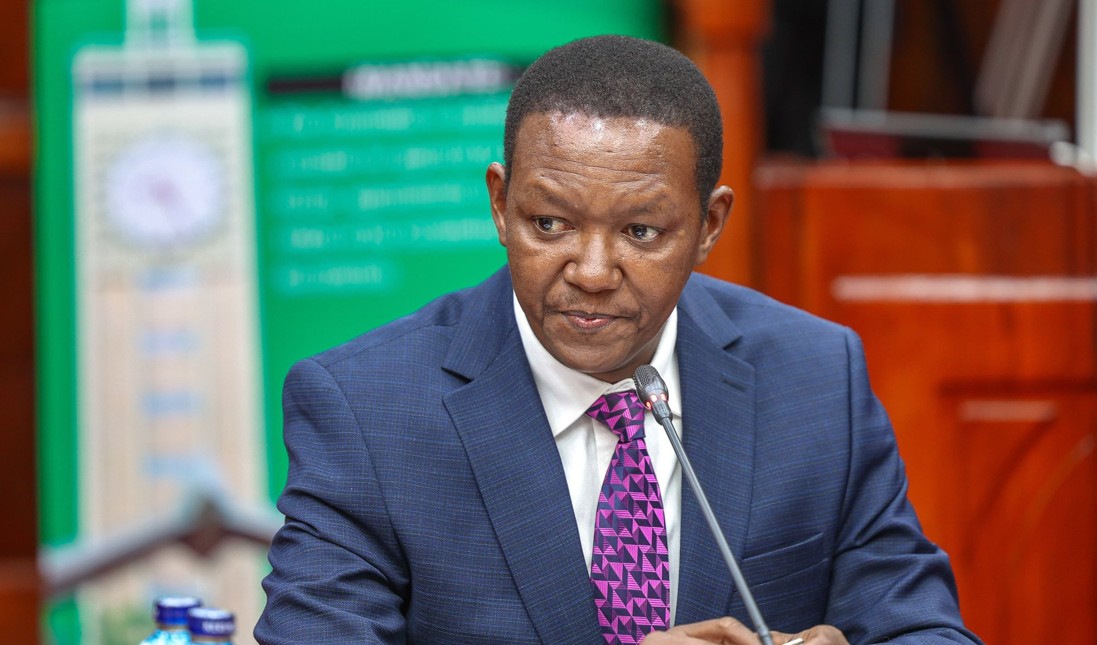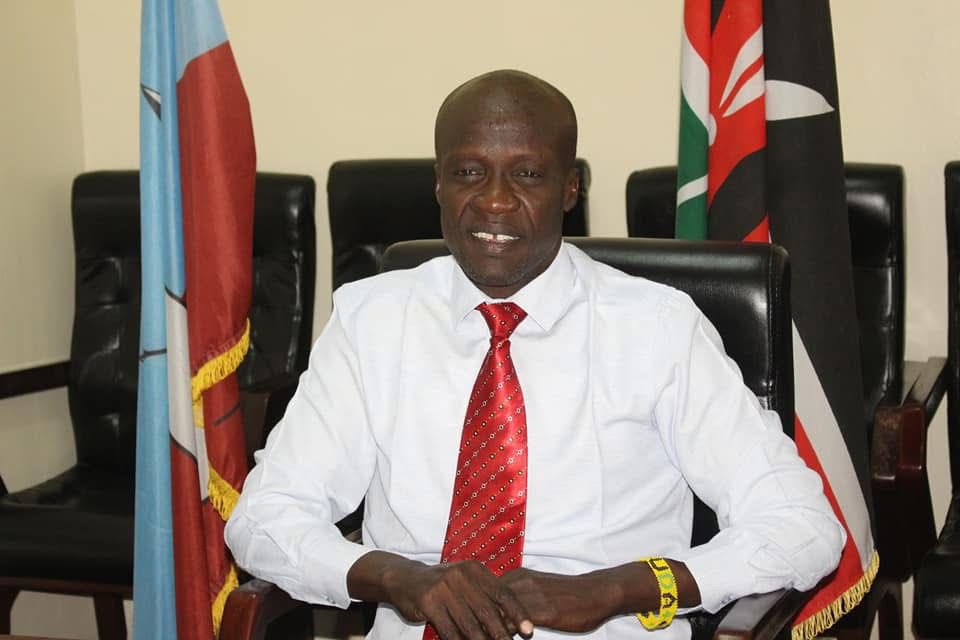Over 50pc of public institutions don't report disability employment data, Labour ministry warns

Labour CS Alfred Mutua said failure by a majority of institutions to submit the required data goes against the Persons with Disabilities Act No.14 of 2003 and Article 54(2) of the Constitution, which compel public bodies to reserve at least five per cent of their jobs for persons with disabilities.
Over 50 per cent of public institutions have not complied with the legal requirement to submit data on the employment of persons with disabilities, a move the Ministry of Labour says undermines accountability and inclusion.
According to Labour Cabinet Secretary Alfred Mutua, the failure by a majority of institutions to submit the required data goes against the Persons with Disabilities Act No.14 of 2003 and Article 54(2) of the Constitution, which compel public bodies to reserve at least five per cent of their jobs for persons with disabilities.
More To Read
- Delays in job placements abroad due to logistics, not fraud, says CS Mutua
- 32 firms blacklisted in crackdown on rogue overseas job agencies
- Senate summons Labour CS Alfred Mutua over job deals that have left Kenyans stranded
- Only non-compliant children’s homes will be shut down, government says
- CS Mutua: 133 children rescued in suspected trafficking cases in 8 months
- Lebanon, Myanmar top list of migrant abuse cases as Kenya documents 234 victims
“I have written to all ministries and government departments to ensure that at least five per cent of public sector employment opportunities are reserved for persons with disabilities,” Mutua said while addressing the Senate.
He said the ministry had taken deliberate steps to encourage transparency by naming institutions that failed to comply in the Status Report on Disability Inclusion, 2024.
“This creates reputational accountability and encourages future compliance,” he said.
Enforcement mechanisms
Mutua noted that the ministry has begun engagements with relevant authorities to identify and possibly implement enforcement mechanisms for institutions that fail to comply with the law.
“The Ministry of Labour has initiated engagements with relevant authorities to explore possible enforcement measures for non-compliance. This is something that is ongoing, trying to lobby and ensure that others are informed of its importance and how to implement it,” he said.
However, Mutua acknowledged that a major challenge lies in the fact that the law does not assign enforcement powers to any specific entity, leading to a gap in implementation and accountability.
To address this, the ministry said it is working on a multi-pronged strategy, including urging the Public Service Commission to take a stronger role in enforcement, considering its constitutional oversight of public sector recruitment.
Joint audits
Mutua said discussions are ongoing to establish a structured partnership involving the State Department for Social Protection and Senior Citizen Affairs, through the National Council for Persons with Disabilities (NCPWD) and the PSC, to conduct joint audits on disability inclusion in public institutions.
“We are monitoring the progressive realisation of the five per cent employment threshold by integrating disability inclusion indicators into the performance appraisals of accounting officers and human resource managers in the public sector,” he said.
He further revealed that the government is working to ensure real-time monitoring and verification by linking the Unified Human Resource Information System (UHRIS) with the NCPWD database.
“There is ongoing work to integrate disability-disaggregated employment data within the Unified Human Resource Information System (UHRIS), and to establish linkage with the NCPWD database for real-time compliance monitoring and cross-verification,” Mutua said.
The efforts, he added, are intended to shift disability inclusion from a goodwill-based approach to a rights-based, structured, and enforceable national obligation.
Performance indicators
In his presentation, Mutua also addressed concerns over the removal of the disability mainstreaming indicator from the government’s performance contracting guidelines. He acknowledged that the indicator was among six performance indicators retired from the framework after a comprehensive review.
“The decision was informed by recommendations of the stakeholders’ forum, which resolved to reduce the number of cross-cutting indicators and retain only those directly linked to institutional strengthening and core mandate delivery,” Mutua said.
However, he assured that the State Department for Social Protection and Senior Citizen Affairs, through the NCPWD, continues to implement the indicator, in line with its legal mandate to lead disability inclusion efforts in public institutions.
Mutua said its removal from performance contracting was based on its grounding in existing legal frameworks, including the Constitution and the Persons with Disabilities Act, as well as the Access to Information Act.
“The belief that disability inclusion is now mainstreamed in many institutions and can continue to be implemented without necessarily being tied to performance contracting, and the existence of other indicators such as National Values and Principles of Governance, under which aspects of disability inclusion are reported,” he said.
He called for continued inter-agency cooperation and commitment across all levels of government to fully meet the constitutional five per cent employment threshold for persons living with disabilities.
Top Stories Today











































